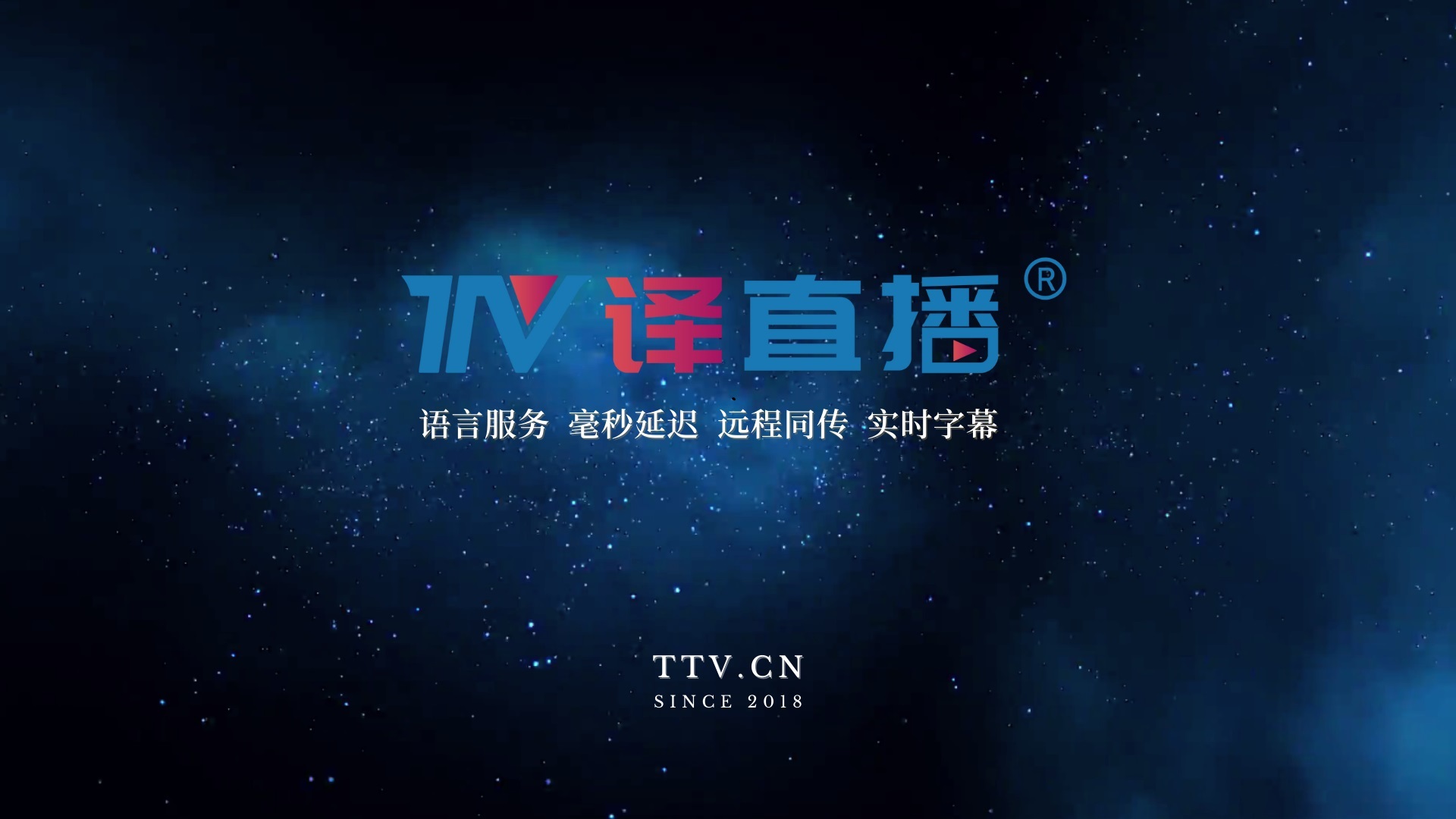Urban digitization eases traffic in Hangzhou
人工智能时代口译技术应用研究
王华树 | 国内首部聚焦口译技术应用和教学的著作
新书推荐
口笔译教育与评价国际论坛 二号公告
在厦门大学百年校庆之际,邀您齐聚厦门、共襄盛举
论坛推荐

Urban digitization eases traffic in Hangzhou
Krystal 原创编译
Urban digitization eases traffic in Hangzhou
Kristie Lu stout: Hangzhou is like many of China sprawling megacities---overcrowded, overdeveloped, and only growing bigger. And getting through the gridlock is more than a daily frustration. It is the major factor affecting the future economic growth.
克里斯蒂·卢·斯托特:杭州就像中国许多不断扩张的特大城市一样,——过度拥挤、过度发展,发展规模越来越大。经历交通堵塞不仅仅成为民众的困扰,更成为影响未来经济增长的主要因素。
[hide j=1]Ye Bojie (DiDi Driver)[speaking Chinese]: I remember once it took me 40 minutes to drive three kilometers.
叶伯杰(滴滴车司机):我记得有一次开车花了40分钟只开了三公里。
Kristie Lu stout: but now the solution may be coming from here in Hangzhou. It’s called City Brain developed by the Chinese technology giant Alibaba.
克里斯蒂·卢·斯托特:但现在杭州有了新的解决办法,是中国科技巨头阿里巴巴开发出来的“城市大脑”。
Wang Jian: The cities in China probably are facing more challenges than the other cities around the other world. The new technology including like Internet, including like machine intelligence give us an opportunity to solve them.
王健:中国的城市比世界其他城市面临着更多的挑战。包括互联网,机器智能的新技术给我们提供了解决问题的机会。
Kristie Lu stout: The man behind the City Brain is Dr. Wang Jian, Alibaba’s Technical committee chairman. He believes cloud computing and artificial intelligence will help solve this growing problem.
克里斯蒂·卢·斯托特:城市大脑的始创人是阿里巴巴技术委员会主席王健博士,他认为云计算和人工智能将有助于解决这个的问题。
Wang Jian: Cloud computing is to bring the computing power to the next level. So eventually, every city is going to be dependent on the computing power, just like we dependent on our electricity.
王健:云计算将把计算能力提升到更高的层次,所以最终,每个城市都将依赖于计算能力,就像我们对电的依赖那样。
Kristie Lu stout: Here is how City Brain works. Data from multiple sources is collected and aggregated. That data can be everything from video of intersections to Real-time GPS locations of cars and in mobile mapping apps. City Brain then analyzes the data and comes up with intelligent solutions for problems in the city like dispatching emergency vehicles and coordinating traffic signals to ease road congestion. Collecting big data in China with its nearly 1.4 billion people makes for a large number of data to analyze. But that also comes with big responsibility to consumers, says experts.
克里斯蒂·卢·斯托特:这是城市大脑的工作原理,从多个来源收集和汇总的各种各样的数据,从交叉路口的视频到汽车的实时GPS定位,再到手机地图应用程序;然后,城市大脑分析数据,并针对城市中的问题提出智能解决方案,例如调度应急车辆和协调交通信号,以缓解道路拥挤。中国有近14亿人口的大数据需要分析,但专家们表示,这同时也需要对消费者负有重大责任。
Pascale Fung (Director of the Center for AI Research Hong Kong University of Science & Technology): It’s the safety that you’d focus on both for AI and for cyber security, for automation in general. If the people you try to serve don’t trust you, you can’t do anything.
帕斯卡莱·冯(香港科技大学人工智能研究中心主任):人工智能和网络安全,以及一般的自动化,这都是我们需要关注的安全问题。如果你服务的人不信任你,你就什么都做不了。
Kristie Lu stout: And here in China, one survey showed that three out of every four people worry about their privacy when it comes to AI.
克里斯蒂·卢·斯托特:在中国,有一项调查显示,每四个人中就有三个人担心自己在人工智能领域的隐私问题。
Wang Jian: Every new technology when it comes out, people have the same---probably worry about that in the same way. Certainly, you know, we have to solve the privacy issue. We have to solve the security issue. That’s for sure.
王健:每一项新技术问世时,人们都有同样的想法——可能也会以同样的方式担心。当然我们必须解决隐私问题,安全问题,那是必须的。
Kristie Lu stout: Wang says its long-term benefits outweigh the concerns. Here in Hangzhou, it may already be working.
克里斯蒂·卢·斯托特:王健说它的长期利益远超过我们所担忧的,在杭州,它可能已经开始投入使用了。
Ye Bojie (DiDi Driver)[speaking Chinese]: it’s much better now, the traffic is much better. It has been relieved.
叶伯杰(滴滴车司机):现在好多了,交通也没那么拥堵了,压力缓解了不少。
Kristie Lu stout: It’s not everywhere, of course. Drivers here say some days are good, some days are bad. But just like they’ve said, life is on the road.
克里斯蒂·卢·斯托特:当然现在这项技术不是哪里都有,这里的司机说交通也是时好时坏。但正如他们所说的那样:生活仍要继续。[/hide]
仅供学习交流参考
欢迎加入本栏目编译组
相关推荐
★★★★★ 5/5






